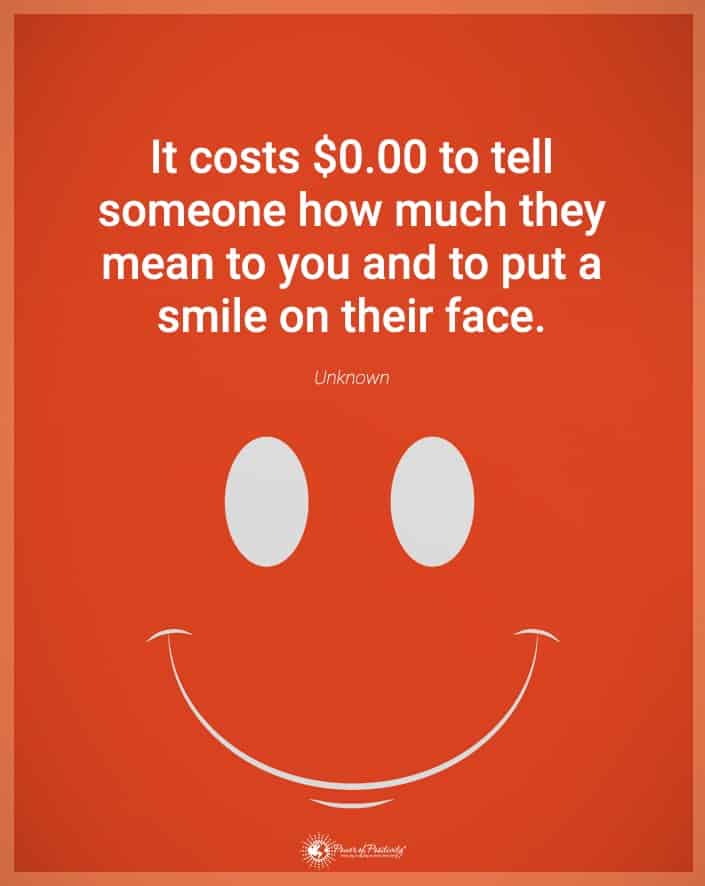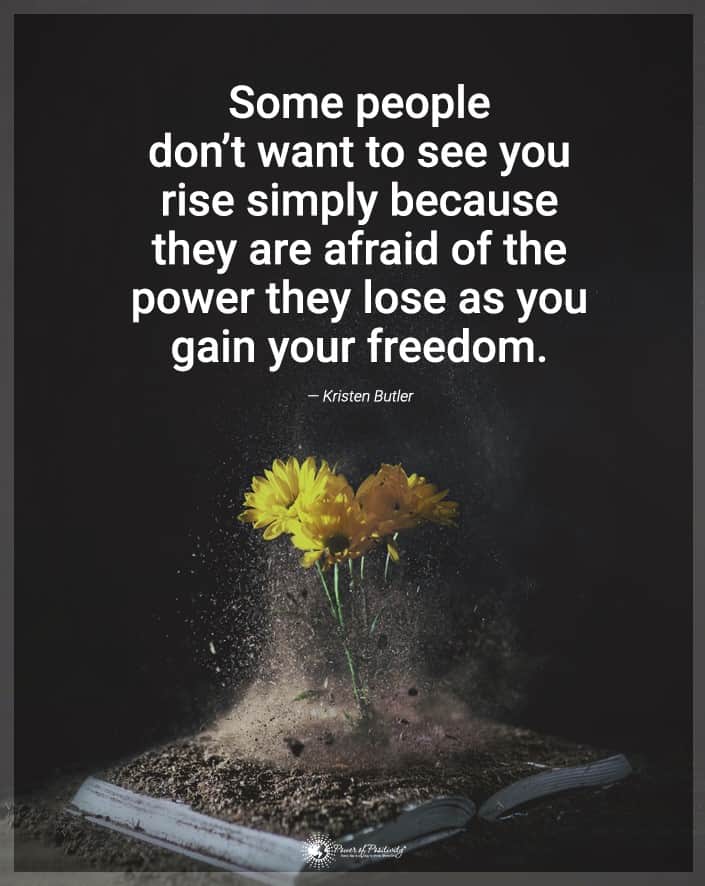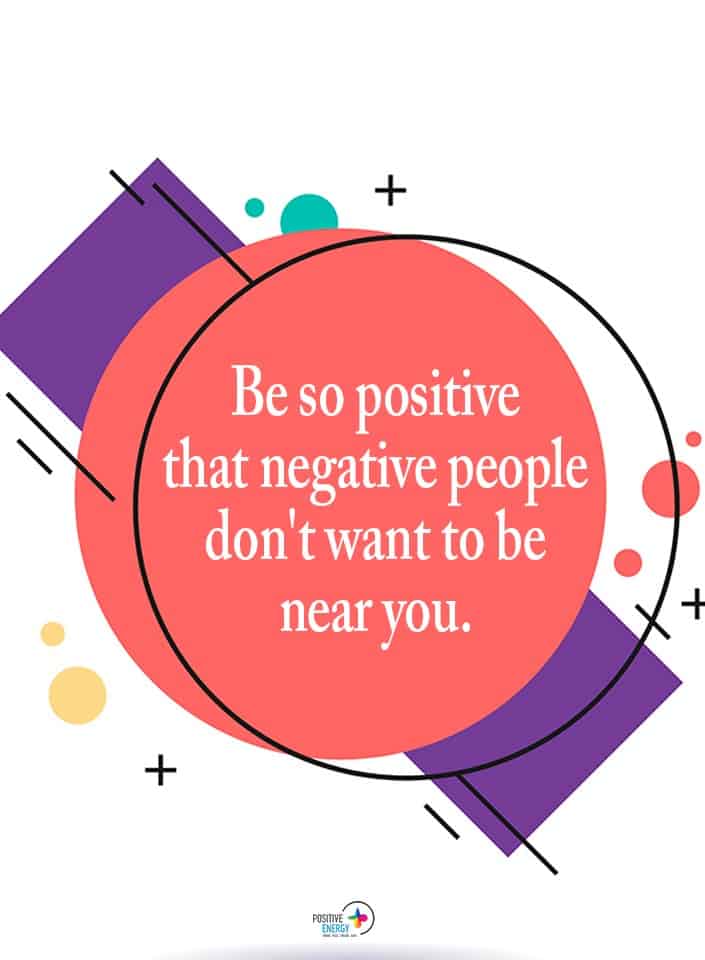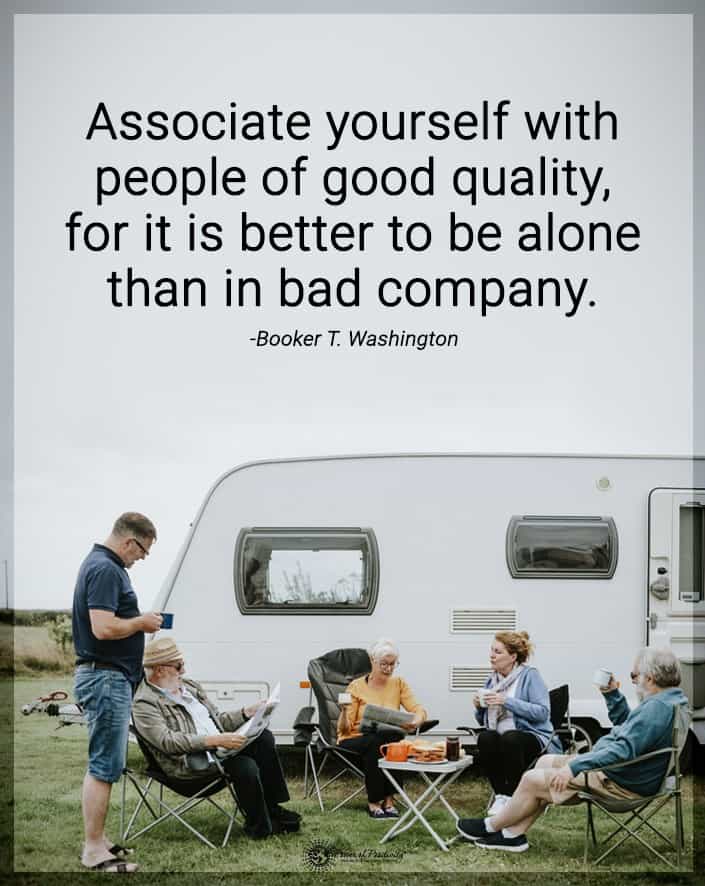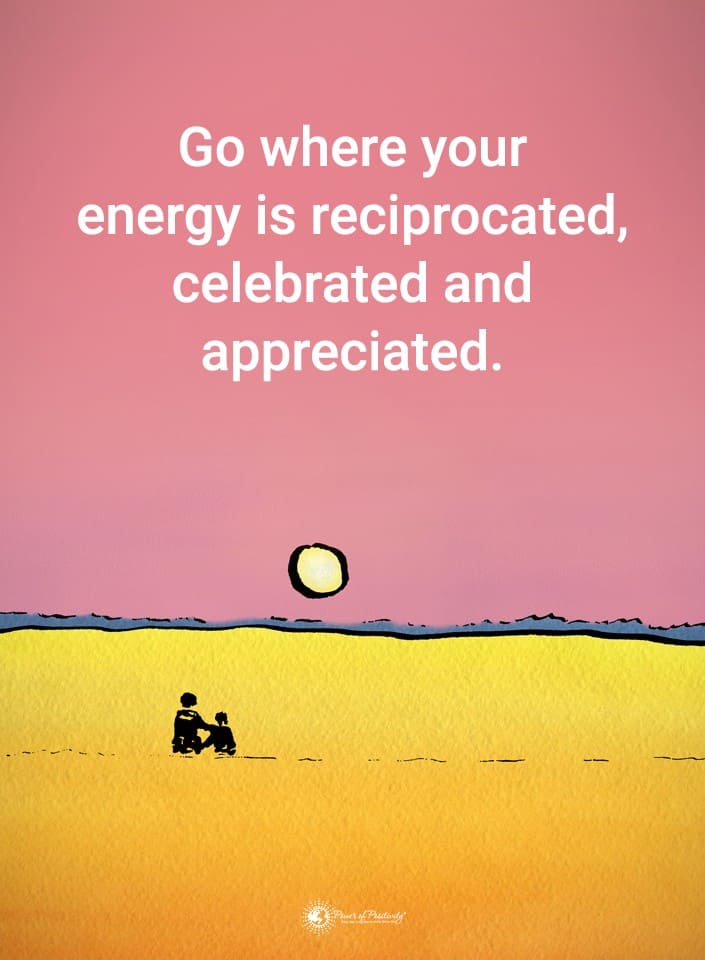Finding someone special who can complete you is a treasure that you should try to hold on to, and there are at least five signs to look for when you think you’ve found them.
To be clear, you are a whole, complete person yourself and you don’t need another person to complete you. However, when you find the right person, you become a more fulfilled person, which is why we say that they ‘complete’ you.
5 Signs You’ve Found Someone Who Completes You
1. They help you to be a better you
The person who complements you might be a better word than ‘completes,’ because you were a whole person before you met your soul mate. If your partner helps you to be more you than you were before you met them, it’s a sign that you’ve found someone who completes you.
In a healthy romantic relationship, self-completion is more possible with the person who fits you best. You are able to become the person you were meant to be, with them by your side. A psychologist writing about psychoanalysis and love says that the French philosopher Jaques Lacan would change the line ‘You complete me’ to ‘”You provide me with the opportunity to imagine my own self-completion, and therefore I love you.”
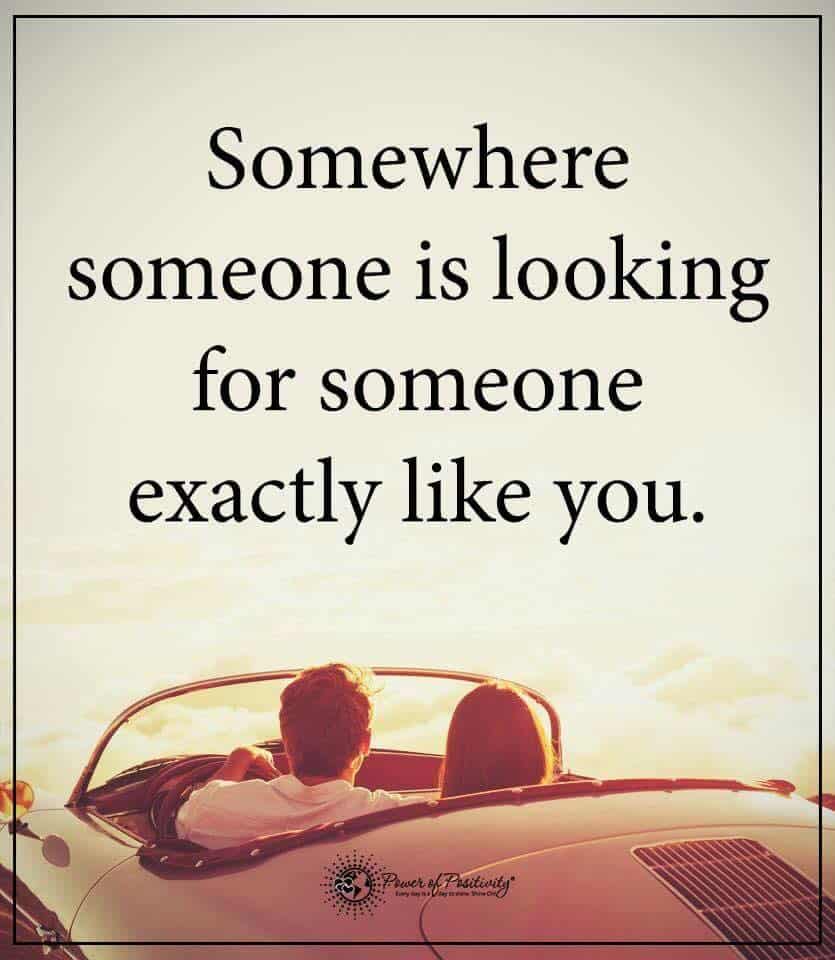
When you can say that someone completes you, it may be that you recognize qualities in them that you yourself do not have. For example, you might love your partner’s ability to be patient when you have difficulty with it yourself. It is not that you need this person to help you be more patient, it is that you are inspired by their personality and qualities that make them uniquely them.
2. You want to work toward a future together when you find someone special
You can visualize your future and you have a hard time picturing a future without them. This doesn’t mean that the person who completes you has to be a person you marry and grow old with, but you can certainly see a future where you two are happy together.
Ideally, you have goals and your partner has goals, and being in a relationship should not change that. You don’t ask your partner to put their goals on hold for yours, because that would be selfish. Rather, you allow them to pursue their dreams and help them along the way, and all the while you pursue your own ambitions too.
3. You are still able to define yourself without the label of a relationship
‘You complete me’ was the line that Tom Cruise’s character uses in the movie Jerry McGuire to win back his love interest, but in real life, your partner should not define who you are, either with or without them. If your self-concept has not changed, in spite of meeting the one who completes you, then it’s a very good sign.
Researchers who looked at romantic relationship breakups say that there is danger in defining yourself by your partner when ‘Partners develop shared friends and activities and even overlapping self-concepts. This intertwining of selves may leave individuals’ self-concepts vulnerable to change if the relationship ends.’
4. Someone perfect for you gives you support when things go bad, and also when they go great
You might think that the one who completes you would lend a hand when you’re dealing with a difficult time in your life, and they should. But your best match for a partner is also tremendously supportive when things are going great.
Related article: How To Use The Law Of Attraction To Find Love
Researchers looked at romantic couple behaviors and asked each partner to rate how understood, validated, and cared for they felt in each talk that they had with their partner. At a follow up 2 months later, scientists found that ‘responses to positive event discussions were more closely related to relationship well-being’ than were responses to negative event discussions.’ In other words, talking about and giving loving support during the good times was more important than giving support during negative life events.
5. You can accept your partner as they are, without wanting to change them
Desiring to change your partner into a different person is an act that is selfishly narcissistic. Your partner was a separate person with their own wants and desires before you met them, and they still are. If you can allow them to be themselves, fully, and without the desire to mold them into something else, it’s a sign that you are mature enough for a love that completes you.
Related article: 4 Signs Your Partner Is A Perfect Match
When you meet your perfect mate, you don’t immediately try to mold them into someone who fits you better. Instead, you allow them to be themselves, grow, change, learn, and develop into the person they are going to be. The only difference is that they will have your support as they become them, and you will have their support as you continue to become you.

